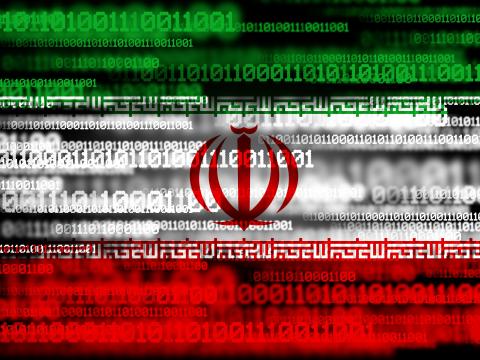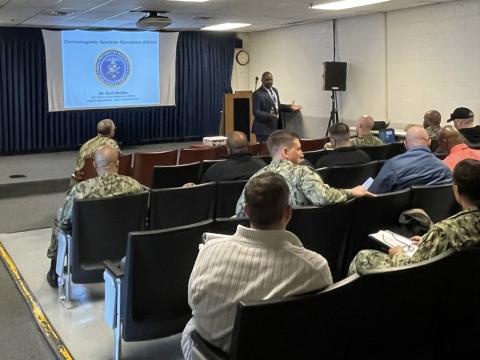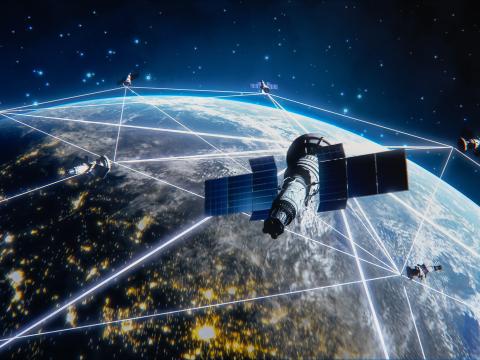Intelligence Support to Critical Infrastructure Protection
Critical infrastructures are essential to all of the necessary functions upon which society depends, but are largely taken for granted until those functions are disrupted. Events such as what took place at the Murrah Federal Building in Oklahoma City in 1994, preparation for Y2K (2000), 9/11 and its aftermath, the 2003 blackout of the northeast, and the devastating hurricanes of 2006 and 2008, all have focused attention on the nation's infrastructure, reminding us how vulnerable these systems are and the diversity of threats they face. As the American people have been confronted with the possibility of living and working without one or more of the basic necessities on which they have come to depend, critical infrastructure protection has become a priority for the federal government, as well as for the private sector and state, local, and tribal governments. It follows, therefore, that providing support to the critical infrastructure mission also has become an important priority for the U.S. Intelligence Community. Criticisms leveled against the Intelligence Community following 9/11 included concerns about the manner and extent to which foreign intelligence could be used to protect the homeland. In addition, the national debate about information and intelligence sharing now has been extended to include threats to the nation's critical infrastructure. Accompanying this discussion have been moves to build a more unified Intelligence Community (including the reorganization required by the Intelligence Reform and Terrorism Prevention Act of 2004) and more recent changes to Executive Order 12333. These changes allow for stronger support to state, local, and tribal authorities and to the private sector – in terms of technical assistance – and remove some impediments to sharing information with those charged with the critical infrastructure protection mission. These are important steps, but are not sufficient to providing intelligence support to the critical infrastructure protection mission.
http://www.afcea.org/signal/articles/articlefiles/1783-FallIntel08_WhitePaperweb3.pdf




Comment
Page 5 indicates there are 17
On pg. 11, the paper
P.10 talks about the value of
1. There is a serious need
Comments